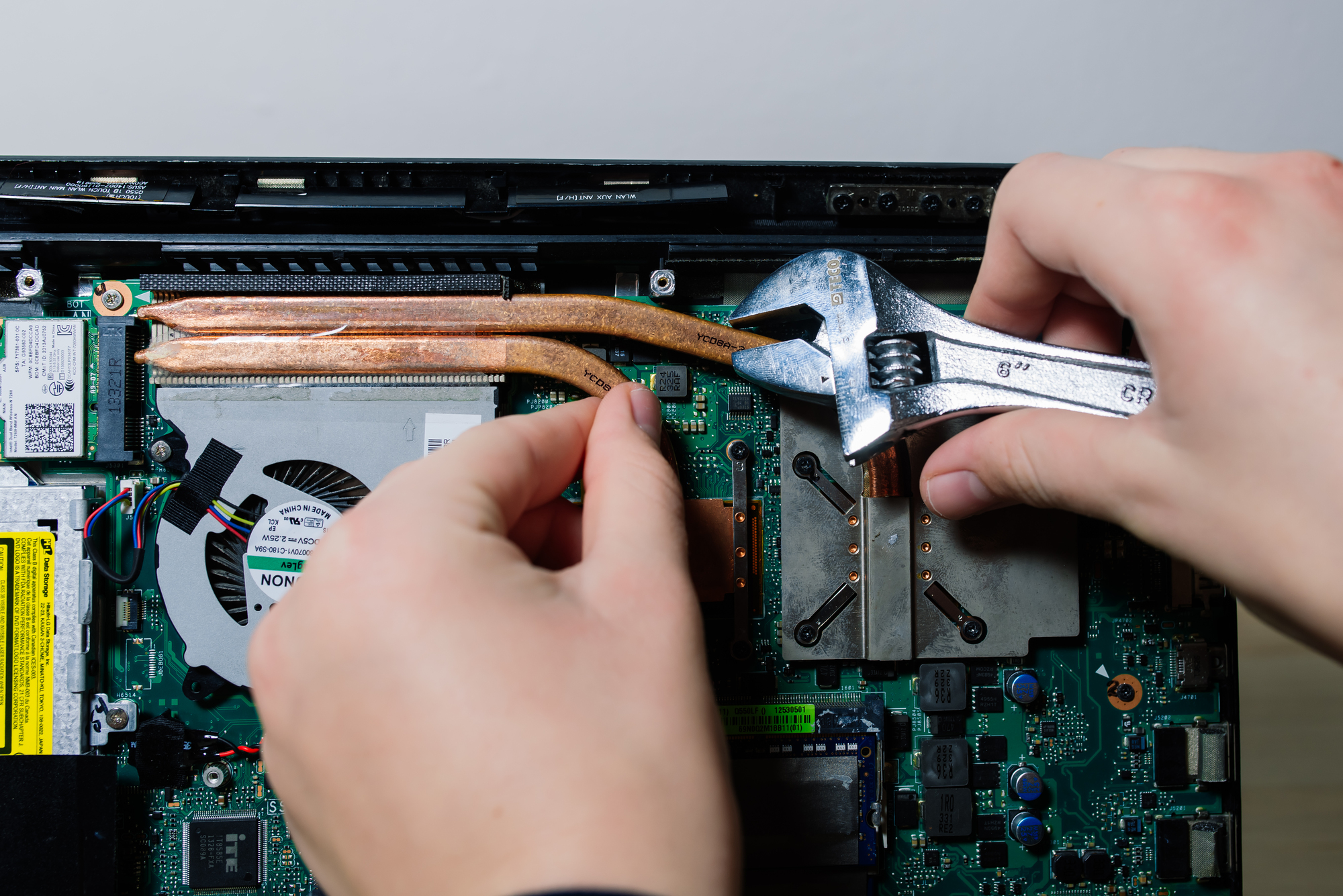A new EU directive will make it easier for consumers to choose to repair their goods instead of replacing them, with manufacturers required to provide repair services for a specific period after the sale.
Green party leader Charalampos Theopemptou on Friday said that the directive, approved on June 13 by the European Parliament and the Council of the European Union, includes several provisions aimed at expanding consumer rights, ensuring the availability of spare parts, supporting small and medium-sized enterprises, informing buyers, providing economic benefits, improving information, reducing waste, cutting CO2 emissions, and conserving resources.
Known as the “Right to Repair” directive, it covers a wide range of products, including washing machines, dishwashers, all types of refrigerators, electronic signs, welding machines, vacuum cleaners, server computers, external drives, phones, mobile phones, tablets and all products containing batteries for micromobility, such as e-bikes and e-scooters.
The directive mandates that consumers can more easily opt for repairing their goods instead of replacing them, with manufacturers obliged to provide repair services for a certain period after the sale.
Manufacturers and importers must ensure that spare parts and repair instructions are available for at least ten years after a product is launched on the market.
Support for SMEs is also included, with the directive facilitating networks of cooperation between manufacturers, importers, and repairers to ease the repair process and enhance SME competitiveness. Consumers will be provided with clear information on the repairability of products through labels and online platforms.
“The directive specifies that member states cannot weaken it during the transposition into national law, which must be completed by July 26, 2026,” Theopemptou stressed.
He also added that the directive is expected to bring economic benefits by extending the lifespan of products, reducing the need for new purchases, and saving money.
Consumers will have access to more information about repair options and spare parts availability, allowing for more informed purchasing decisions.
The environmental impact is also significant, according to the Green party leader, who explained that by promoting repairs over replacements, the directive aims to reduce waste and the resources needed for new product manufacturing.






Click here to change your cookie preferences